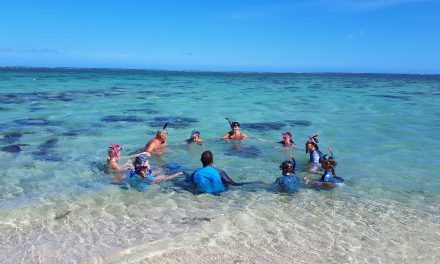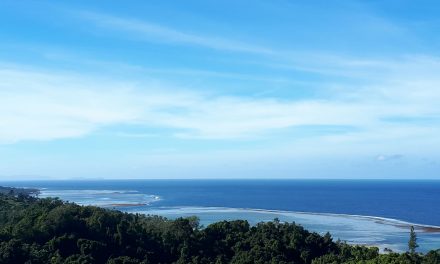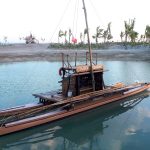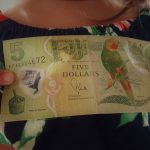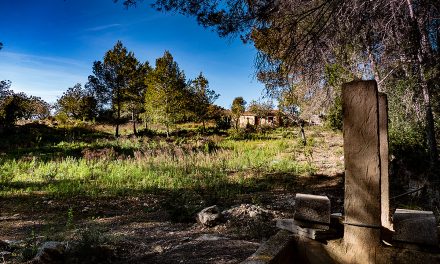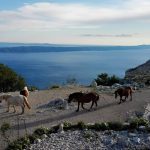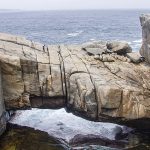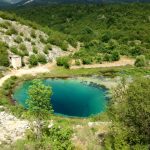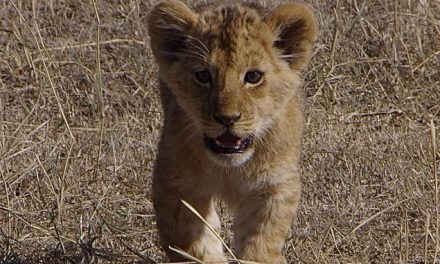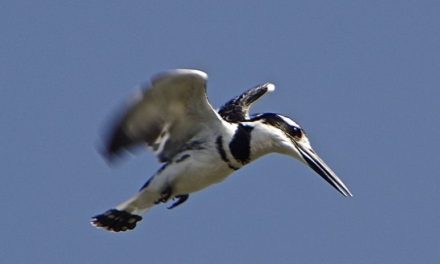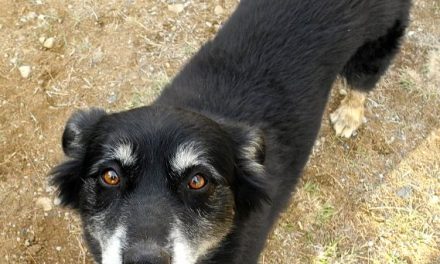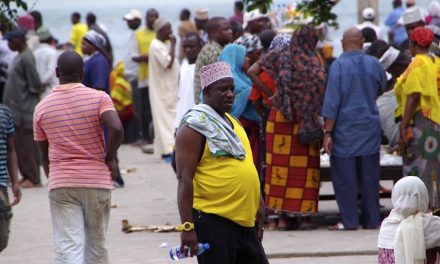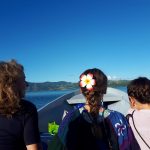
Aufbruch aus Assuan
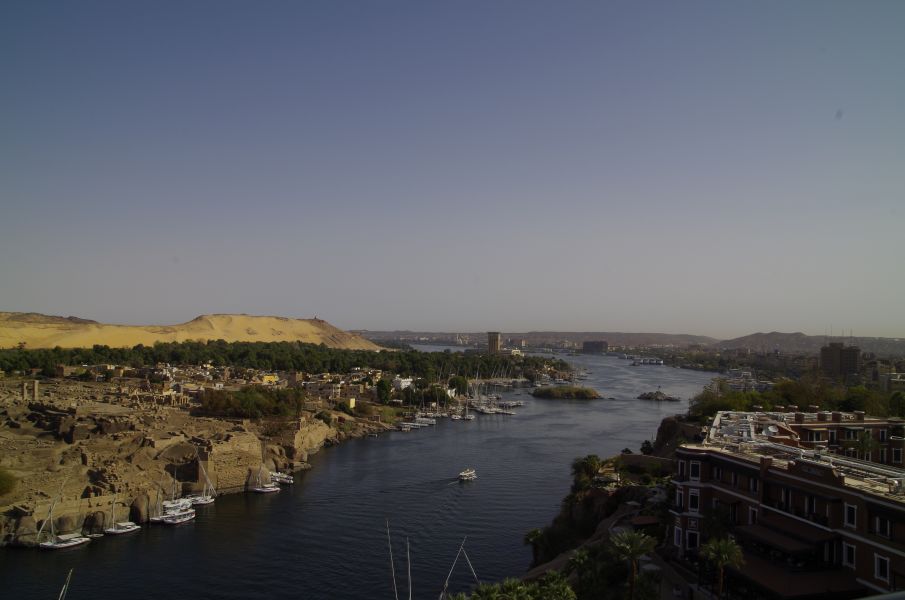
So, dann hat sich herausgestellt, dass die nächste Landpartie in den Sudan erst wieder in einem Monat läuft. Deshalb werden wir morgen, Samstag, unsere Laster und den Hund zur Barke bringen und selbst am Sonntag mit der Fähre hinterherfahren. Armer Schnusi (einer von Maffiosos zahllosen Kosenamen…), muss er zwei Nächte allein unter Nubiern verbringen, aber immerhin mit Molly in Sichtweite. Und wo der Laster ist, kann der Rest des Rudels nicht weit sein. Wenigstens konnten wir das Ganze so hintricksen, dass die Barke nicht schon am Mittwoch ausläuft.
Tipps von Anderen Travelern:
Die zwei Wochen, hier in Adam Home waren echt lauschig und wir haben einige andere Overlander getroffen, die von unten kamen und jede Menge Tipps für uns hatten, zb. keine ATM (Geldautomaten) im Sudan und auch keine Banken. Nochmal Milchprodukte einzubunkern war auch angesagt. Die zwei älteren Paare (alle über 60), eines aus Sydney und eines aus Karlsruhe machten einen völlig relaxten Eindruck und auch mit Moskitos hatten sie keine Probleme. Klingt doch alles ganz gut…
Besuch in Philae und Polizeikontrolle:
Vor ein paar Tage waren wir auf einer Insel oberhalb des alten Dammes und haben den dortigen Tempel besichtigt. Das ganze riesen Ding wurde dort hinverfrachtet bevor der Stausee geflutet wurde. Scharen junger Araber haben die Szene bevölkert und waren in bester Klassenausflugslaune. Wir waren sehr gefragte Fotomodelle, aber nachdem Katja klargestellt hat, ich sei daheim ein berühmter Schauspieler und privat hier, hat man sich respektvoll zurückgezogen…
Wir wollten dann weiter, um auch die Tempelanlage in Abu Simbel anzuschauen, aber die Polizeikontrolle auf dem alten Damm hat uns dann nicht nur zwei Stunden Zeit, sondern auch echt die Nerven geraubt. Man kann ja verstehen, dass die Angst vor einem Bombenanschlag auf den Damm durchaus ihre Berechtigung hat, bei den ganzen Radikalinskis in der Gegend. Sich aber dann mit Hingabe auf uns zu stürzen, weil wir ungewöhnlich grosse Fahrzeuge haben, war echt blöd.
Der Militär bei uns an Bord war dann auch sehr fasziniert von unserem Mundwasservorrat 
Oh Mann, also warten, bis immer höhere Schargen und am Ende der Militärchef auftauchen. Auch dieser hat dann mit der Wünschelrute (eine Autoantenne mit Plastikgriff und Super-Wichtig-Beschriftung) zielsicher einen Karton mit Fussbällen ausgemacht und einer Einzelprüfung unterzogen. Ein unglaubliches Gekaspere, wirklich grotesk.
Leaving Egypt
On saturday Kamal finalised the process of deregistering our cars and returning our egyptian drivers licenses. We went to the harbour together, spent a couple of hours, paid for the barge, and were able to drive our cars personally onto the barge. It went quite smoothly, and the harbour looked deserted, one day before supposed chaos would brake out, when the passenger ferry would leave.
So the following day we went quite early to the harbour again, this time waiting to board the ferry ourselves. It was easy enough, since Kamal and Mahmut did a super job in organising everything perfectly. We just had to pay for the ticket, show our passports a couple of times, sit around and wait a lilttle. Getting on to the ferry is a push fest. People literally scream push-push-push while there is people with huge pieces of luggage, be it TVs, bicycles or beds moving contra flux. Even some fists were flying, but as a foreigner you just have to worry about not tripping.
The ship only left around 18:00. Kamal told us to pay the captain a little extra in order to be able to stay next to the bridge, where there was a little bit more space, and a bit of shadow. So for 50 EGP each, we were bumped up to „upper“ class. There we spent a fantastic night with our new found portugnol friends, drinking „coca cola“ and sleeping under the stars. The travel was straight forward, with one stop as we entered sudanese waters.
Arriving in Wadi Halfa came as a shock to us all. It was very strange how the 39 degrees C in Egypt were suddenly feeling like winter in comparison to the weather in Wadi Halfa. The heat was like a chainmail, uncomfortable, heavy, claustrophobic. The water from the tap felt like 38 degrees, hot water, no problem. After drinking a moderate amount of „Coca Cola“ with Vitor, our new Portuguese friend, we went to bed late, and had trouble sleeping.
The next morning, we were greeted by more moderate heat. As we found out later, around this time, the approximate 45 degrees of the previous day were not normal for this time of year in Sudan. Our sudanese fixer had arranged for everything, and after a couple of hours we left the harbour with our trucks without any complications.
At this time, due to american sanctions, there is no way to draw money or pay by card anywhere in Sudan. You can change USD or Euros in many places at black market rates, which are much much better than the actual bank rates. You can also exchange EGP, USD, or Euros for SDP easily in Aswan at almost the same rate as in Sudan.
Travelling in Sudan
Driving in Sudan is very pleasant compared to Egypt. There really is nothing out of the ordinary, except for speeding long distance buses, which you will find in many countries besides Sudan. Between Atbara and Khartoum there is a lot of traffic with big road train type trucks that are only doing between 30 and 50 km/h, so its sometimes slow going, if you drive a truck yourself because overtaking takes a while.
The people in Sudan, as we had heard before, are very nice, and keep much more to themseleves. You can drive off the road anywhere, and spend the night and go undisturbed. Only keep a healthy distance from pyramids or such attractions.
There is a lot of desert in Sudan, as you would have guessed, and, be warned, we were nearly obliterated by strange tiny mosquitos that you cant hear and barely see. Its like a hybrid between a mozzy and a sand flea. Bad ass…
Khartoum is like most other big cities. Its noisy, smoggy, and big. Yet the traffic is much calmer, and people actually respect each other.

